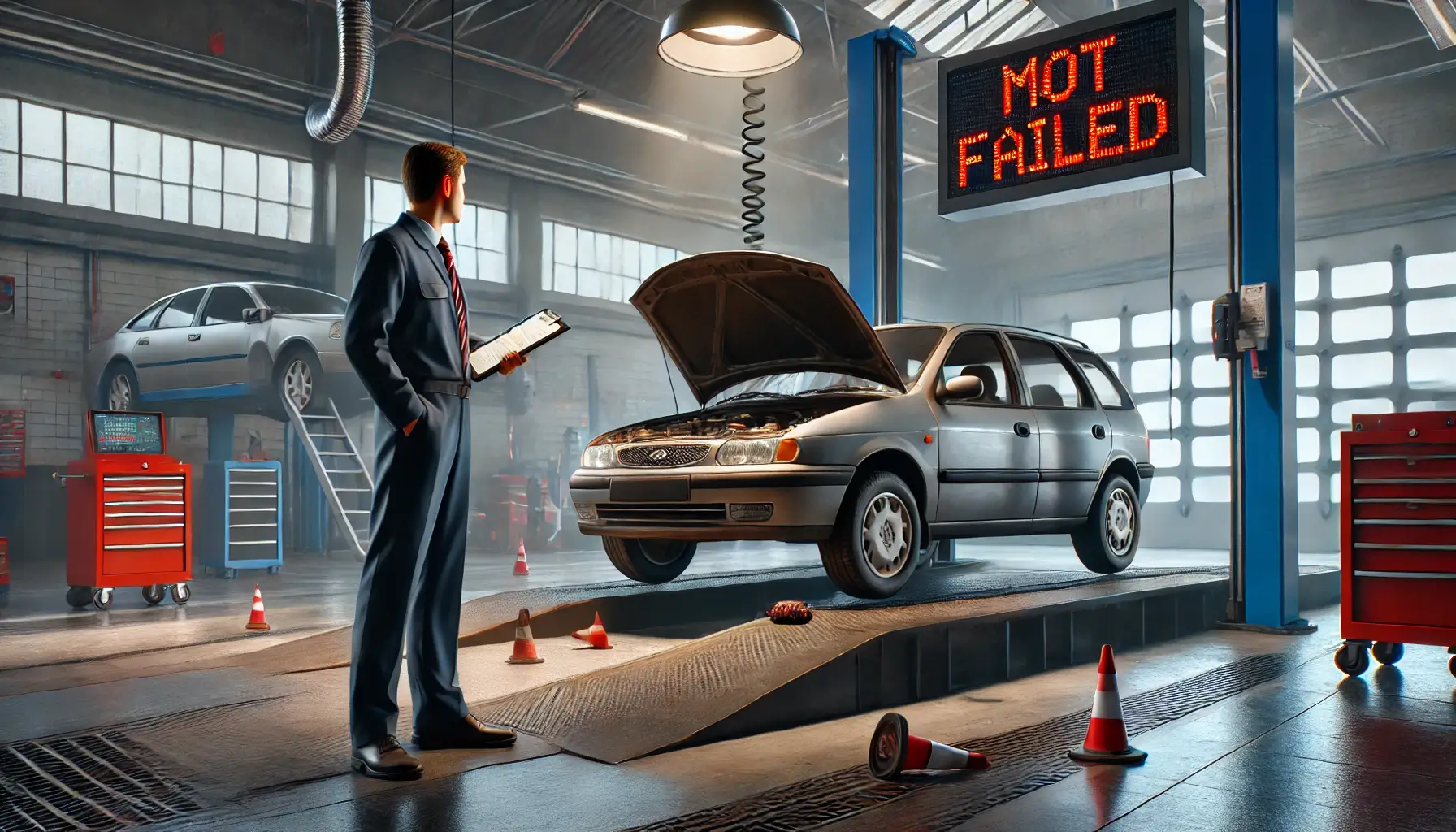
Car owners in the UK must ensure their vehicles are roadworthy and meet safety standards, which is why the MOT (Ministry of Transport) test is crucial. However, situations can arise where your car fails its MOT test before the current certificate's expiry date. What does this mean for you, and what steps should you take next? This article explores the implications of a failed MOT test before expiry, addresses whether you can continue to drive your car, and provides practical advice on what to do next.
The MOT test is an annual examination required for most vehicles over three years old in the UK. It ensures that cars, vans, and motorbikes meet the necessary safety and environmental standards. The test covers a variety of components, including brakes, lights, tires, emissions, and overall roadworthiness.
Regular MOT testing helps maintain safety standards on UK roads. It identifies potential mechanical issues early, preventing accidents and ensuring that all vehicles are environmentally compliant. A valid MOT certificate is also a legal requirement; driving without one can result in fines, penalties, and invalid insurance.
If your car fails its MOT test before the current MOT certificate expires, this means the vehicle did not meet the required standards during the inspection. Even though the MOT certificate hasn't expired, the failed test indicates the car is not roadworthy according to the latest assessment.
If your car fails the MOT test before the expiry date of the current certificate, you can still drive it legally until the existing certificate expires, provided the vehicle is roadworthy. However, driving a vehicle in a condition deemed unroadworthy can result in a £2,500 fine, three penalty points, or even a ban. The authorities prioritize safety, so if the vehicle's defects are severe, it should not be driven until repaired.
You may drive the car to:
Always ensure your vehicle is in a safe condition to drive to these locations. If unsure, consider using a tow service to avoid potential legal issues.
Cars often fail MOT tests for reasons that include:
Regular maintenance and checks can prevent most common MOT failures. Ensure that all lights function correctly, the brakes are in good condition, and tires meet the legal tread depth requirement. Address any warning lights on the dashboard promptly, and regularly service the vehicle to keep it in optimal condition.
After receiving a refusal certificate, assess whether the faults are minor or major. Minor defects usually mean the vehicle is still safe to drive but needs repairs soon. Major defects mean the vehicle should not be driven until it is repaired.
You have several options after a failed MOT:
When booking a retest, make sure you understand what type of retest you are eligible for and any associated costs. It’s often more cost-effective to return to the same test center for the retest if repairs are minor.
Choose a reputable garage or mechanic for repairs. Look for certified technicians who specialize in the specific issues identified in the MOT failure report. You can use online reviews and recommendations to find a trustworthy service provider.
Ensure that the repairs meet the standards required for the MOT retest. Ask for warranties or guarantees on parts and labor to ensure quality and compliance.
If your car fails its MOT test before the current certificate expires, understanding the implications and taking prompt action is key. You may still drive the vehicle under certain conditions, but it must be roadworthy. Address any issues promptly to ensure safety and avoid fines. Regular maintenance and preparation can help prevent MOT failures, keeping your vehicle compliant and safe on the road.